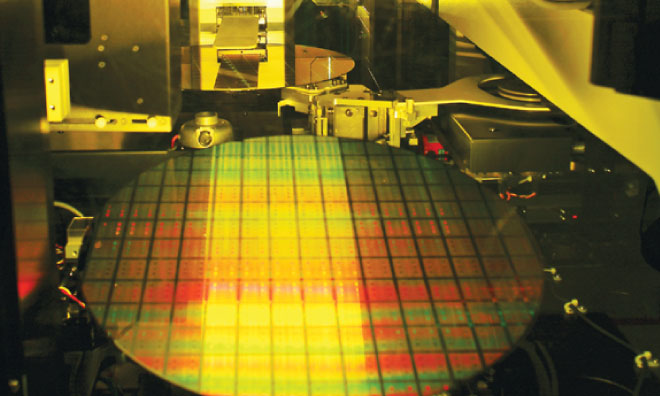Apple chipmaker TSMC has announced its plans for new chips to be manufactured using a 1.6nm fabrication process. The new process will likely be used to manufacture future generations of Apple Silicon chips.
TSMC A16™ Technology: With TSMC’s industry-leading N3E technology now in production, and N2 on track for production in the second half of 2025, TSMC debuted A16, the next technology on its roadmap. A16 will combine TSMC’s Super Power Rail architecture with its nanosheet transistors for planned production in 2026. It improves logic density and performance by dedicating front-side routing resources to signals, making A16 ideal for HPC products with complex signal routes and dense power delivery networks. Compared to TSMC’s N2P process, A16 will provide 8-10% speed improvement at the same Vdd (positive power supply voltage), 15-20% power reduction at the same speed, and up to 1.10X chip density improvement for data center products.
The new technology offers enhanced chip logic density and performance, which should provide increased performance for high-performance computing (HPC) products and data centers.
Apple usually gets first crack at TSMC’s new chip fabrication technologies and it was the first to utilize the chipmaker’s 3nm process, using it in their A17 Pro chip in the iPhone 15 Pro and iPhone 15 Pro Max. After first using the new chips in its iPhone lineup, the Cupertino firm then uses them or modified versions of them in its iPads, Mac, Apple TV, and Apple Watch.
TSMC plans to begin producing chips based on their A16 technology as soon as 2026.
TSMC also announced its System-on-Wafer (SoW) technology, which is a new option to provide more computing power in less space.


